|
|
|
|
After months of delay, a regional response to the crisis in northern Mozambique appears to be on the cards. An insurgency, which dates back to 2017, took its deadliest turn in March leaving scores dead, and tens of thousands of people displaced. The fact that the Southern Africa Development Community failed to respond before now has raised serious questions about its ability to help countries in crisis. As Francois Vreÿ explains,
its overcautious and sluggish response has resulted in the loss of initiative and opportunities to prevent the insurgency escalating. However, the problem is not purely of its own making. The African Union took too long to designate it as the preferred regional actor to address the Mozambican
insurgency problem.
Creating a free trade area encompassing 54 African countries is a bold ambition. And there are many who doubt it can, or will, be done. John Luiz sets out why it will be worth the effort, drawing on lessons from the European Union about the potential benefits – and pitfalls. The arrangement won’t solve all of Africa’s problems, but it does have the potential to increase economic participation and lift people out of poverty.
|
Thabo Leshilo
Politics + Society
|

|
|
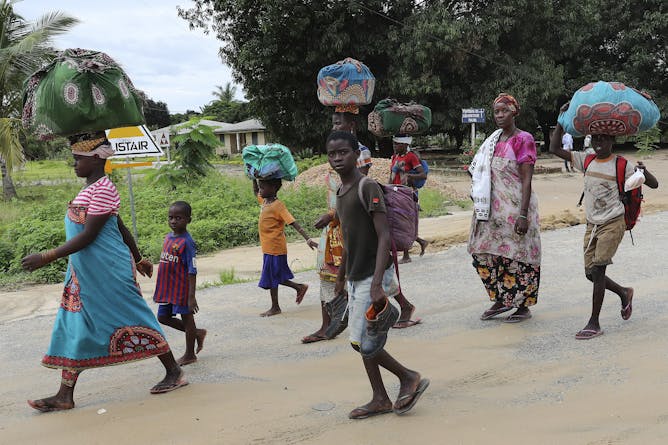
Some of the thousands of people displaced by the killings in the Cabo Delgado province.
EFE-EPA/Joas Relvas
Francois Vreÿ, Stellenbosch University
Intervention in Cabo Delgado is a potentially dangerous move with far-reaching consequences for SADC if its efforts fail, or it becomes a protracted intervention.
|
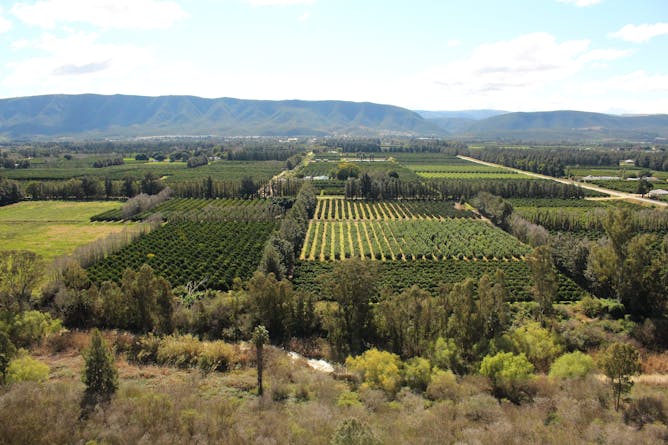
Citrus orchards in South Africa. Kenyans buying South African oranges pay a heavy price due to import duties.
Shutterstock
John Luiz, University of Cape Town
The African Continental Free Trade Area is the largest in the world. The World Bank sees it as a means of lifting 30 million people out of extreme poverty. But will it?
|
Science + Technology
|
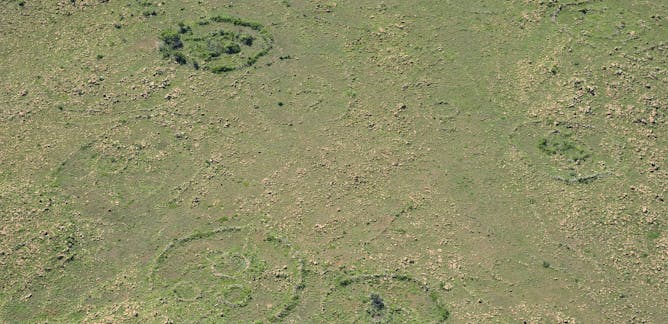
Ruby-Anne Birin, University of Oxford; Alex Schoeman, University of the Witwatersrand; Mary Evans, University of the Witwatersrand
We now know that Bokoni Phase I was built as early as the 15th century – before the arrival of European colonisation or trade.
| |
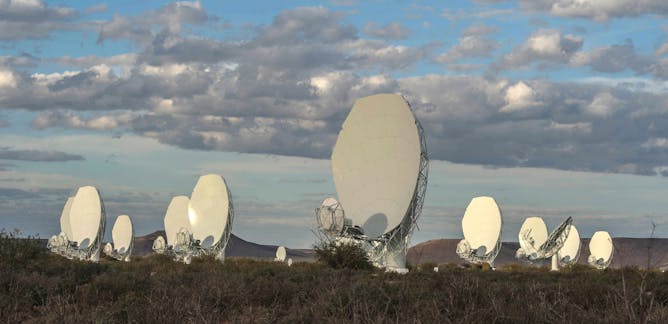
Vanessa McBride, International Astronomical Union's Office of Astronomy for Development
The pandemic has underscored that the world requires agility for survival. That makes blue skies science, which encourages curiosity and nimble thinking, perhaps more important than ever.
|
|
|
Podcasts
|

Ozayr Patel, The Conversation
New direct-acting antiviral drugs would work successfully in countries where numerous different strains of hepatitis C are found.
| |
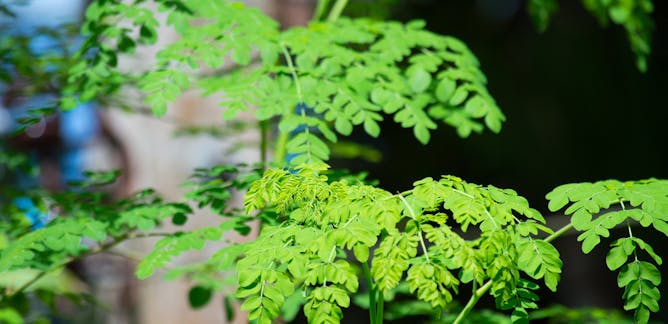
Ozayr Patel, The Conversation
Moringa as a crop is on the rise in South Africa. But more must be done to make use of this versatile, climate resilient plant.
|
|
|
From our international editions
|

Ian Goldin, University of Oxford
It's been argued that pandemics are the great leveller, but with COVID the opposite is true – and we can't afford to ignore it.
| |
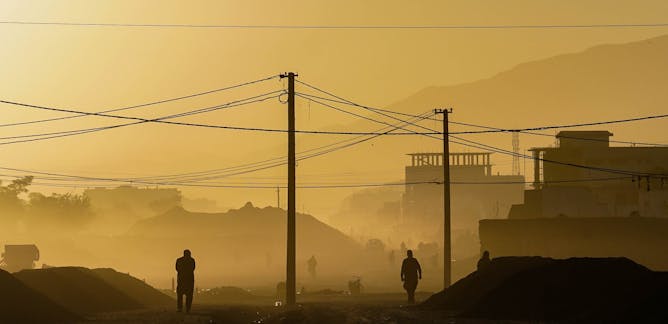
Mehdi Shiva, University of Oxford
The infrastructure and levels of deprivation in poorer countries have prevented them from benefiting from containment measures as much as richer nations.
|

Guy Standing, SOAS, University of London
The pandemic has shown us the need for widespread security.
| |
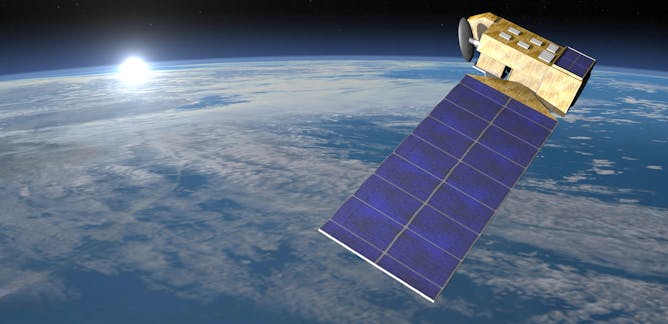
Jonathan Bamber, University of Bristol
Earth observation satellites can measure millimetre changes in sea level and track deforestation in near-real time.
|
|
|
| |
Featured events
|

|
New Administration Building, North Campus, Summerstrand, Gqeberha, Eastern Cape, 6001, South Africa — Nelson Mandela University
|
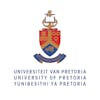
|
Lynwood Road, Hatfield, Pretoria, Gauteng, 0002, South Africa — University of Pretoria
|

|
Robert Sobukwe Road, University of the Western Cape, Bellville, Cape Town, Western Cape, 7535, South Africa — University of the Western Cape
|
|
|
|
| |
| |
| |
Would you like to republish any of these articles?
|
|
It’s free to republish, here are the guidelines.
Contact us on africa-republish@theconversation.com in case you need assistance.
|
| |
| |
| |
| |
|
|
|
|
|
|
|